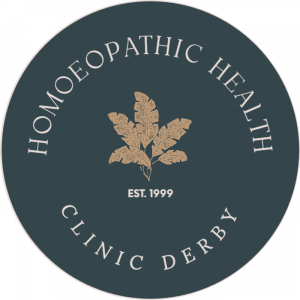A dietary supplement is a manufactured product intended to supplement one’s diet in the form of a pill, capsule, tablet, powder or liquid.
A supplement provides nutrients, either extracted from food sources or which are synthetic to assist with daily nutrient intake.
Vitamins, minerals, herbs and other supplements, including phytochemicals, revive energy and restore a sense of wellbeing.
Let’s first be familiar with the natures and properties of these supplements and the key functions they perform in helping to keep you healthy.
Supplements are nutrients enriched products taken alongside food. Flavonoids, soya isoflavones and carotenoids are phytochemicals which are compounds found in fruit and vegetables. These work to lower the risk of disease and may alleviate the symptoms of some ailments.
Other nutritional supplements, such as, coenzyme Q10, are substances which are present in the body that can be recreated synthetically in a laboratory.
Among similar examples is acidophilus, a friendly bacterium in the body that if taken as a supplement may aid some digestive disorders. Amino acids are the building blocks for proteins that may play a role in strengthening the immune system and in other health promoting activities and are now available in supplements.
Vitamins
Vitamins are organic compounds which we require in small quantities, which are absorbed from food to allow our body to develop and function.
Certain vitamins are antioxidants utilised to protect tissues from cell damage and assist to prevent a range of degenerative diseases.
To maintain good health, vitamins must be ingested through food or in the nutritional supplements.
There are 13 known vitamins and are categorised as either fat soluble (A, D, E and K) or water soluble (vitamin B and C).
The body stores fat soluble vitamins in the fatty tissue and in the liver and the reserves of these vitamins can stay in the body for a longer period.
Dietary fats also help the body absorb fat soluble vitamins through the intestinal tract.
Whereas water soluble vitamins do not stay in the body for long and cannot be stored.
They leave the body via the urine; and because of this, a regular supply of water soluble vitamins need to be replenished more frequently with a few exceptions, notable vitamin D and K, as the body does not have the capacity to manufacture vitamins.
Minerals
A nutritional mineral is a chemical element required as an essential nutrient by organisms to perform functions necessary for life.
Minerals are present in the body in small amount and add up to only 4% of body weight.
We must replenish their mineral supplies through food and with supplements. These inorganic substances are essential for a wide range of vital process, from bone formation to the functioning of the heart and digestive system.
Out of 60 different minerals, only 22 are considered essential for the body. Out of these, seven minerals as calcium, chloride, magnesium, phosphorus, potassium, sodium, and sulphur are called macrominerals.
The remaining 15 minerals are called trace minerals (microminerals) because the amount require each day for is small.
Herbs
A herbal supplement is a product which is made from a plant and is useful in staying healthy.
Majority of these are being used to assist chronic or mild health problems. Herbs are also used to enhance the immune system to help to keep cholesterol level low or to protect against fatigue.
Many herbal remedies can also feature within homeopathic remedies and herbal medicines.
